CBN directs banks to start deducting cybersecurity levies from customers
Business
Nigeria imported 62% of cooking gas in 2019, says PPPRA

Despite the abundant gas reserves in the country, about 62 per cent of the Liquefied Petroleum Gas otherwise known as cooking gas consumed by the Nigerians last year was imported.
Figures for the year under review released by
The Petroleum Products Pricing Regulatory Agency gave the information in the latest report, which showed that while 45 per cent of the import was from the United States of America, 3.95 per cent was from Argentina and 8.99 per cent from Equatorial Guinea.
The gas reserves in Nigeria have been put at over 200 trillion cubic feet.
Other countries that supplied the product to Nigeria were given as Algeria, 0.88; Trinidad and Tobago, 1.67; India, 0.50; Spain, 0.74. Nigeria could only locally source for about 37.42 per cent of the cooking gas.
The report also indicated that between January and December last year, about 526 million metric tonnes of the hydrocarbon was sourced abroad, while Nigeria produced 314.5 million tonnes, totaling about 840.5 million metric tonnes.
The PPPRA report, which gave no reason for the monthly import fluctuations, showed that the imports grew from 32.31 per cent in February to 100 per cent in August before falling to 77 per cent in December.
It stated, “The challenges of the LPG domestic market include inefficient distribution chain, pricing distortion occasioned by high LPG price, limited jetty, limited depot storage, inadequate and under-supplied LPG terminals, unsafe cylinder population among others.”
For the current year, the report indicated that over 71 per cent of the LPG was imported in the month of August 2020 alone.
For August 2020, a total of 123.5 million metric tonnes were supplied, out of which 88.1 million tonnes were imported, while 35.3 million tonnes were sourced within the country.
The PPPRA named Algasco LPG Services Limited, a subsidiary of Vitol, as the highest importer of the commodity into the country in August 2020, with 43,888 MT (VAC) of the LPG, representing 48.78 per cent of the total import, and 35.52 per cent of total LPG supplied within the period.
Other importers of the product into the country were Matrix Energy, 19,770 MT (VAC); Prudent Energy and Services Limited, 9,568 MT (VAC) of LPG, and NIPCO, 10,893 MT (VAC).
It said of the 35.3 MT (VAC) of the LPG locally sourced in August, the Nigerian Liquefied Natural Gas (NLNG) supplied 3.634.401 MT (VAC); NIPCO, 9,383.680 MT (VAC); Algasco, 4,107.667 MT (VAC), and Stockgap Fuels Limited, 9,058.139 MT (VAC).
It added that the product was discharged at Lister Jetty, Apapa; Matrix Jetty, Warri; Prudent Energy Jetty, Oghara; Bulk Oil Plant, Apapa; North Oil Jetty and Stockgap Jetty in Port Harcourt.
Business
CBN directs banks to start deducting cybersecurity levies from customers

The apex bank announced this on Monday, May 6, 2024, in a circular signed by Chibuzor Efobi, Director of Payments System Management, and Haruna Mustafa, Director of Financial Policy and Regulation.
Business
Forex: FG to delist naira from P2P platforms

Forex: FG to delist naira from P2P platforms
The Federal Government is set to delist the naira from all Peer-to-Peer platforms to reduce the manipulation of the local currency value in the foreign exchange market.
Director General of the Securities and Exchange Commission, Emomotimi Agama, made this known on Monday at a virtual conference with blockchain stakeholders.
The goal of this resolution is to combat manipulation of the value of the local currency in the foreign exchange market.
In past months, the nation’s regulatory bodies have started looking into and closely examining cryptocurrency exchanges.
This is part of a number of regulations to be rolled out in the coming days.
He said, “That is one of the things that must be done to save this space. The delisting of the naira from the P2P platforms to avoid the level of manipulation that is currently happening.
“I want your cooperation in dealing with this as we roll out regulations in the coming days.”
The SEC DG decried how some market players were manipulating the value of the naira.
This, he said, was why the commission was “seeking collaboration and help in making sure that the crypto environment is respected globally”.
Business
Ikeja Electric cuts tariff for Band A customers
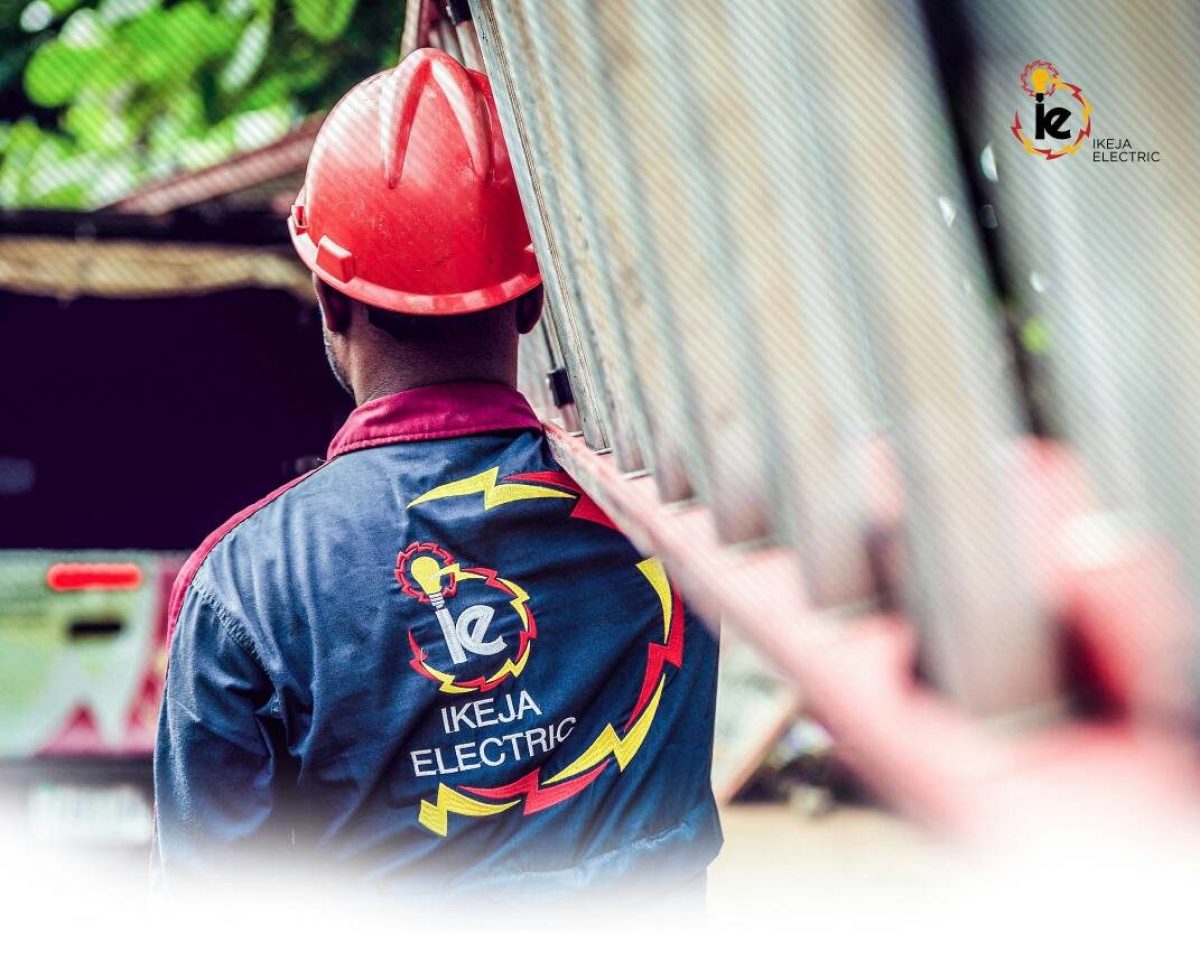
Ikeja Electric cuts tariff for Band A customers
The Ikeja Electricity Distribution Company has announced a reduction in the tariff for customers under Band A classification from N225 per kilowatt-hour to N206.80kw/h
This is coming about a month after the Nigerian Electricity Regulatory Commission (NERC) approved an increase in electricity tariff for customers under the Band A category to N225 per kwh — from N66.
The commission has clarified that customers under Band A receive between 20 and 24 hours of electricity supply daily.
Ikeja Electric said in a circular on Monday the cut in the new tariff rate would take effect from May 6, 2024.
-

 metro2 days ago
metro2 days agoDSS seals Plateau clinic over patient’s death
-
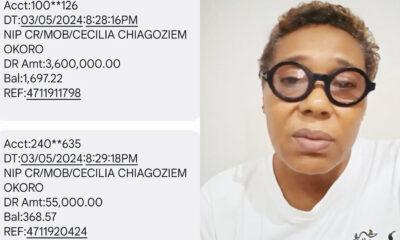
 Entertainment3 days ago
Entertainment3 days agoNollywood veteran Shan George weeps as fraudster clears ₦3.6m from her account (VIDEO)
-

 International3 days ago
International3 days agoGaza: Thousands rally for hostage deal as ceasefire talks continue
-

 Sports3 days ago
Sports3 days agoRonaldo’s hat-trick leads Al Nassr to 6-0 victory over Al Wehda
-

 metro2 days ago
metro2 days agoWe’ve arrested seven suspected cultists, armed robbers in Anambra – Police
-

 Politics2 days ago
Politics2 days agoPDP: Sule Lamido blames court for mass resignation from party
-

 Opinion3 days ago
Opinion3 days agoWho has bewitched our beloved America? – Femi Fani-Kayode
-
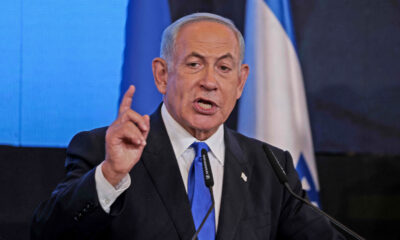
 International19 hours ago
International19 hours agoNetanyahu rubbishes Hamas ceasefire proposal

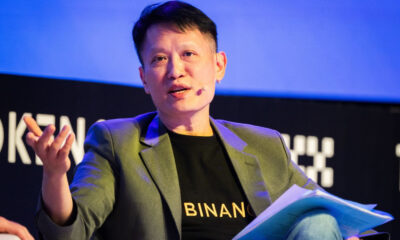

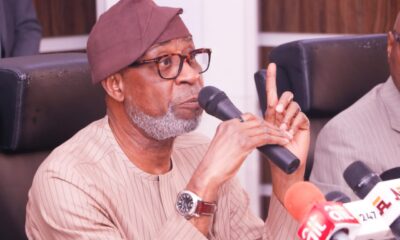

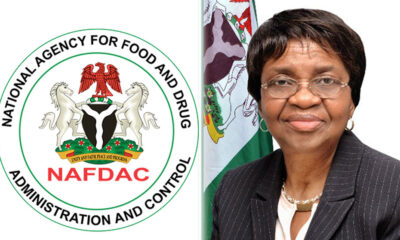





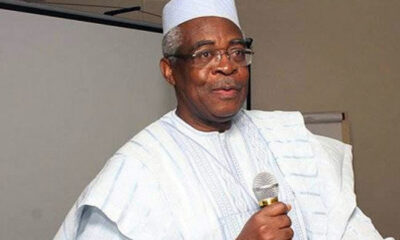











You must be logged in to post a comment Login